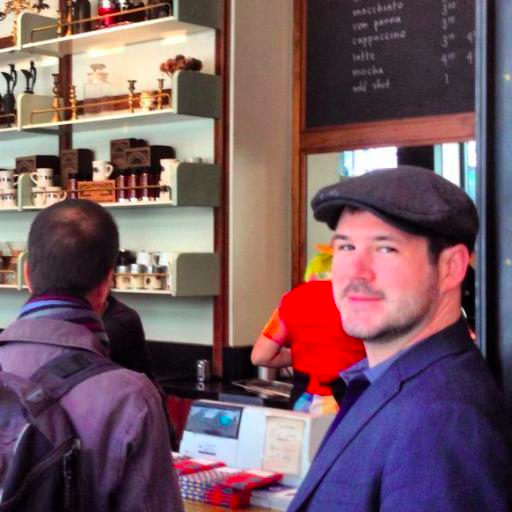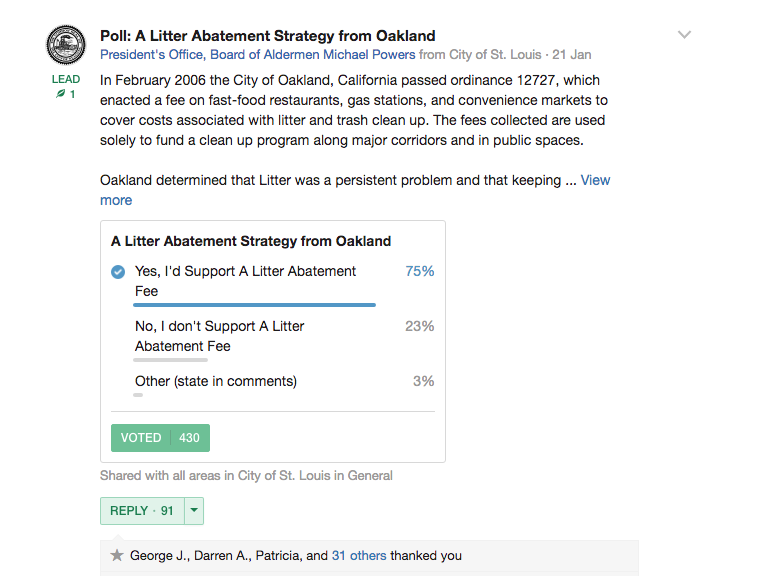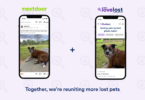The City of St. Louis partnered with Nextdoor in 2013 to better connect residents to City Hall, as many of their departments had no central point for distributing important information online and struggled to navigate neighborhoods’ various listservs. Nextdoor quickly caught on among both residents and city officials, with more than 100 neighborhoods in St. Louis participating on Nextdoor, representing over 93% of the city.
Michael Powers, Legislative Director to the President of the Board of Alderman.
We had the opportunity to speak with Michael Powers, Legislative Director to the President of the Board of Alderman Lewis E. Reed, and the person responsible for bringing Nextdoor to the departments within the City of St. Louis. He discussed what it means to generate community awareness and activism from an online space, in particular drawing on his experiences with Nextdoor Polls for Public Agencies and the broader value that it has provided.
A seasoned Nextdoor for Public Agencies user, Powers emphasizes the value of specific, targeted, and relevant posts. This focus on relevance is critical to Powers’ success using Nextdoor Polls for Public Agencies. As he discovered, Nextdoor Polls for Public Agencies created a way to solicit instant feedback, while driving deeper and more productive conversations.
What is Nextdoor Polls for Public Agencies?
Why does the structure of a poll matter? How does a poll generate action and feedback?
Polls that are descriptive, thoughtful, and comprehensive almost always result in higher engagement. In Powers’ litter abatement poll, he included a succinct summary of the best practice and a series of short questions prompting respondents to think pragmatically and ethically about the issue:
- How would this practice work in St. Louis?
- Are these businesses disproportionately adding to the litter?
- Are these businesses responsible?
These informal questions are an understated segue into the main question – “Would you support a litter abatement fee in St. Louis?,” to which respondents can answer “Yes,” “No,” or “Other.”
This particular poll received 430 votes from residents and 91 responses. While the voting results of the poll suggested that a majority of respondents would support a litter abatement fee, the comments reflected strong voices and feelings against such a bill. People adamantly expressed that businesses would be unfairly punished for the actions of those consumers who are actually responsible for littering.
And that is the beauty of Nextdoor Polls for Public Agencies. It produces quantifiable data that policymakers can pitch to elected officials, and sparks important conversations between residents and agencies. Because residents can post and view comments, they have the chance to agree, disagree, or ask for clarification. Local agencies are in the right position to address concerns and respond to false claims and misleading information.
Powers believes that polls are also an important awareness and engagement tool. “By bringing up an important topic through Nextdoor,” he said, “we can send an important message to certain businesses who may be contributing to the proliferation of litter on city streets.”
After the litter abatement poll, residents even began organizing their own neighborhood clean-ups as a response.
“Engagement is why we use Nextdoor,” Powers said. “The first step is getting someone to take action – to look up other best practices, volunteer their time, or share important information. It’s helping them take care and concern with an issue. We can do this through Nextdoor.”
How does Nextdoor Polls for Public Agencies add value?
Powers noted that as much as the city was trying to garner feedback through polls, they are also trying to show people that the city is focused on topics that matter to residents’ daily lives.
“Nextdoor gives us assurance that our programming is on the right track,” he shares. “We can take what we learn back to elected officials, department heads, and non-profit partners.”
When Powers and his team brought up residential vacancy in a poll, he realized that this topic was a regular issue of concern on Nextdoor. The city began hosting meetings to develop a task force of concerned citizens interested in finding solutions. Nonprofits, legislators, and private companies began to see feedback and high interest coming from a very targeted group of Nextdoor users.
“These are long-term stakeholders rooted in the neighborhoods, who want to be engaged, who volunteer, who get involved in civic life, and, in many cases, become leaders.” Powers said. “That’s the power of this platform, and that’s why we’re excited to see more government agencies utilizing the tools Nextdoor provides.”
Interested in learning more about Nextdoor Polls for Public Agencies?
On Wednesday, September 7th, Nextdoor will be hosting a free webinar titled The White House Police Data Initiative: Increasing Transparency and Trust. Registrants will learn from the White House, Nextdoor, and Prince George’s County Police Department on the importance of transparency, community trust, and accountability between local public safety agencies and residents. You can learn more about the webinar here.
Registration is open to all sworn and civilian law enforcement personnel.







Leave a Comment